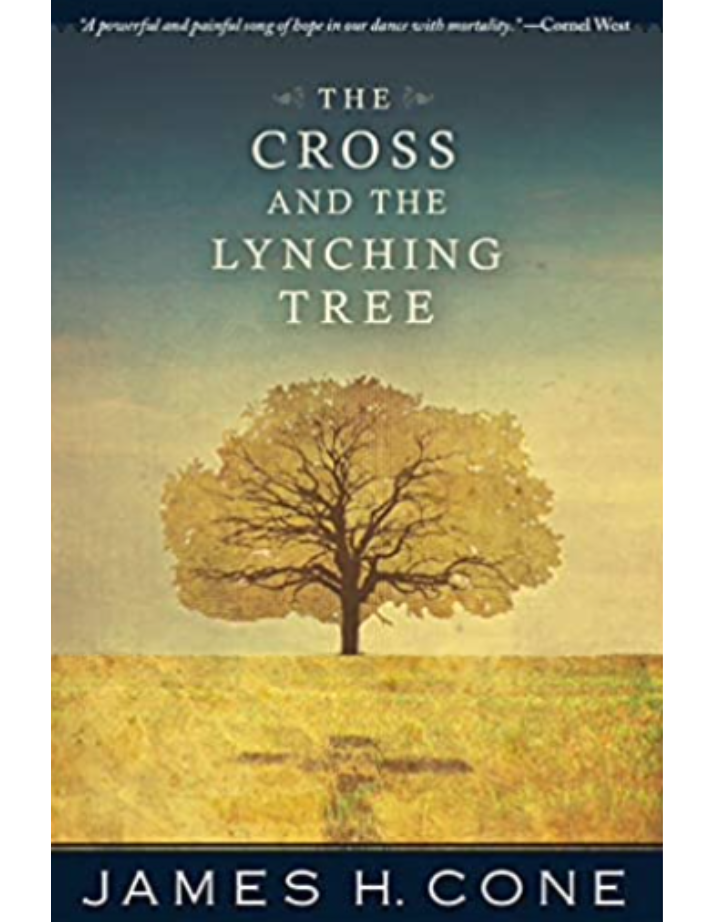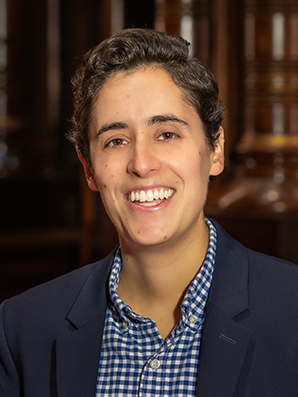As Jews, we walk a landscape that spans thousands of years and crosses hundreds of borders. From the narrow confines of Egypt and the cacophonous, blinding roar of revelation at Mount Sinai to our present moment, we measure time in increments of ever-sharpening viewpoints, in chains of transmission which bind us to past, present, and future all at once. Ours is a long view, born of resilience and survival, adaptation and continuity: an eternal march to the Promised Land.
As Americans, we walk a landscape stained with blood, on soil marred by a history of racialized violence and family separation; a land on which what is guaranteed to some is denied to many.
With our feet on the ground and our eyes on a land overflowing with promise, how can we think theologically about the hyphen between Jewish and American, the space between the hope of the future and the urgency and injustice of the present?
To think theologically about the hyphen between Jewish and American is to name and wrestle with the contrast between our tradition’s definition of humanity and the ways in which people are marginalized, oppressed, and discarded by shifting notions of humanity across the pages of American history. The American theologian James Cone models this kind of theological reckoning from a Christian perspective in his 2011 book The Cross and the Lynching Tree.
Likening the cross on which Jesus was crucified to the lynching trees of America, Cone writes, “I believe the cross placed alongside the lynching tree can help us to see Jesus in America in a new light and thereby empower people who claim to follow him to take a stand against white supremacy and every kind of injustice.” In asking Americans to hold the cross alongside the lynching tree, Cone is calling all Christian Americans to reexamine the stories and histories they tell themselves regarding race, religion, and murder in America.
Cone’s methodology in The Cross and the Lynching Tree also offers Jewish-Americans a way into a public conversation about what it means to be human, a way of doing theology at the intersection of tradition and justice, in which we are accountable for the pain of the land we inhabit. From this starting point, we may pursue the promise of the land we help to build.
Rabbi Hilly Haber serves as the Director of Social Justice Organizing and Education at Central Synagogue in New York City. Hilly holds an MTS in Religion and Literature from Harvard Divinity School and a BA from Mount Holyoke College. Hilly is a volunteer chaplain at Northern State Prison and a current doctoral student at Union Theological Seminary in the field of Social Ethics.


